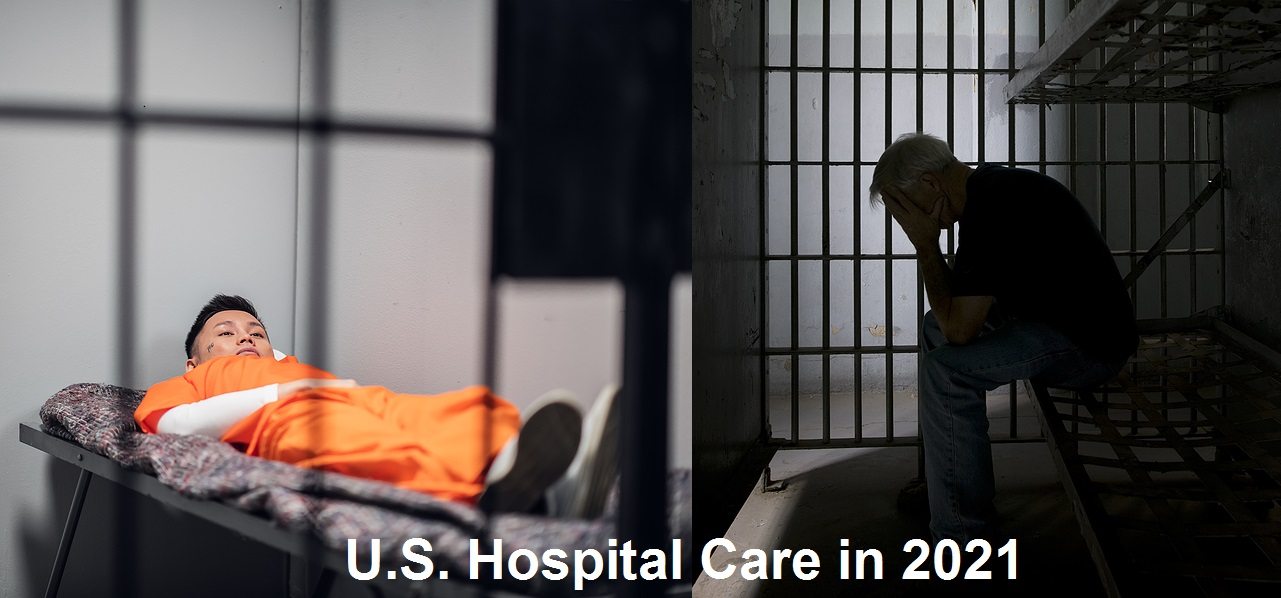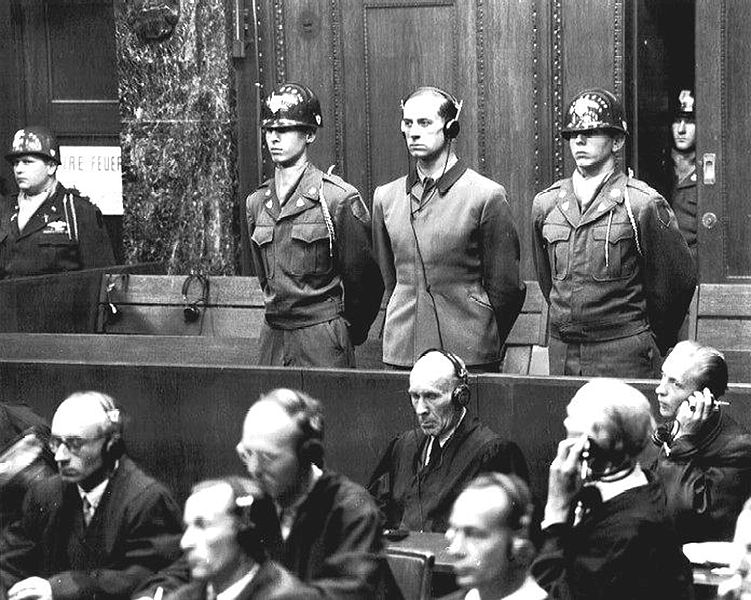Medical Doctor: “Hospital Admission has Become Like Reporting to Prison”
In a shocking departure from traditional hospital policies, a hospital admission has become like reporting to prison. Prisoners in America’s jails have more visitation rights than do COVID patients in America’s hospitals. One family member, a professional psychologist with a career focus treating victims of trauma, said that in many hospitals COVID patients are treated “little better than animals.” The COVID protocol that hospital physicians must follow, in lockstep across the U.S., appears to be the implementation of the 2009-2010 “Complete Lives System” developed by Dr. Ezekiel Emanuel for rationing medical care for people older than 50. Dr. “Zeke” Emanuel, who was the Senior White House Health Policy Advisor to President Obama and has been advising President Joe Biden about COVID-19, stated in his classic 2009 Lancet paper: “When implemented, the complete lives system produces a priority curve on which individuals aged between roughly 15 and 40 years get the most substantial chance, whereas the youngest and oldest people get chances that are attenuated.” “Attenuated” means rationed, restricted, or denied medical care that commonly leads to premature death. In 2021, whistleblower doctors, nurses, attorneys, patient advocates, and journalists have exposed egregious hospital abuses, neglect of patients, denial of vital intravenous fluids and basic medicines to hospitalized COVID patients across the U.S. The Complete Lives Protocol apparently derives from the 1990s UK National Health Service “Liverpool Pathway,” which in effect constituted euthanasia. Now we see its malevolent manifestation in the “COVID Protocol.” Age-based rationing is happening every day on COVID units of our hospitals, since the overwhelming majority of COVID patients are older than 50, the age at which Emanuel claims that a life is “complete” and not worth the use of medical resources. “Complete Lives System” and the “COVID Protocol” are pathways leading to suffering and premature death, mainly of older Americans. They achieve the government’s goal of reducing Medicare costs. At the same time, hospitals make untold extra millions with extra incentive payments for COVID patients during their tortured path to death, while they are chemically and physically restrained and isolated from families, pastors, priests, and rabbis.








